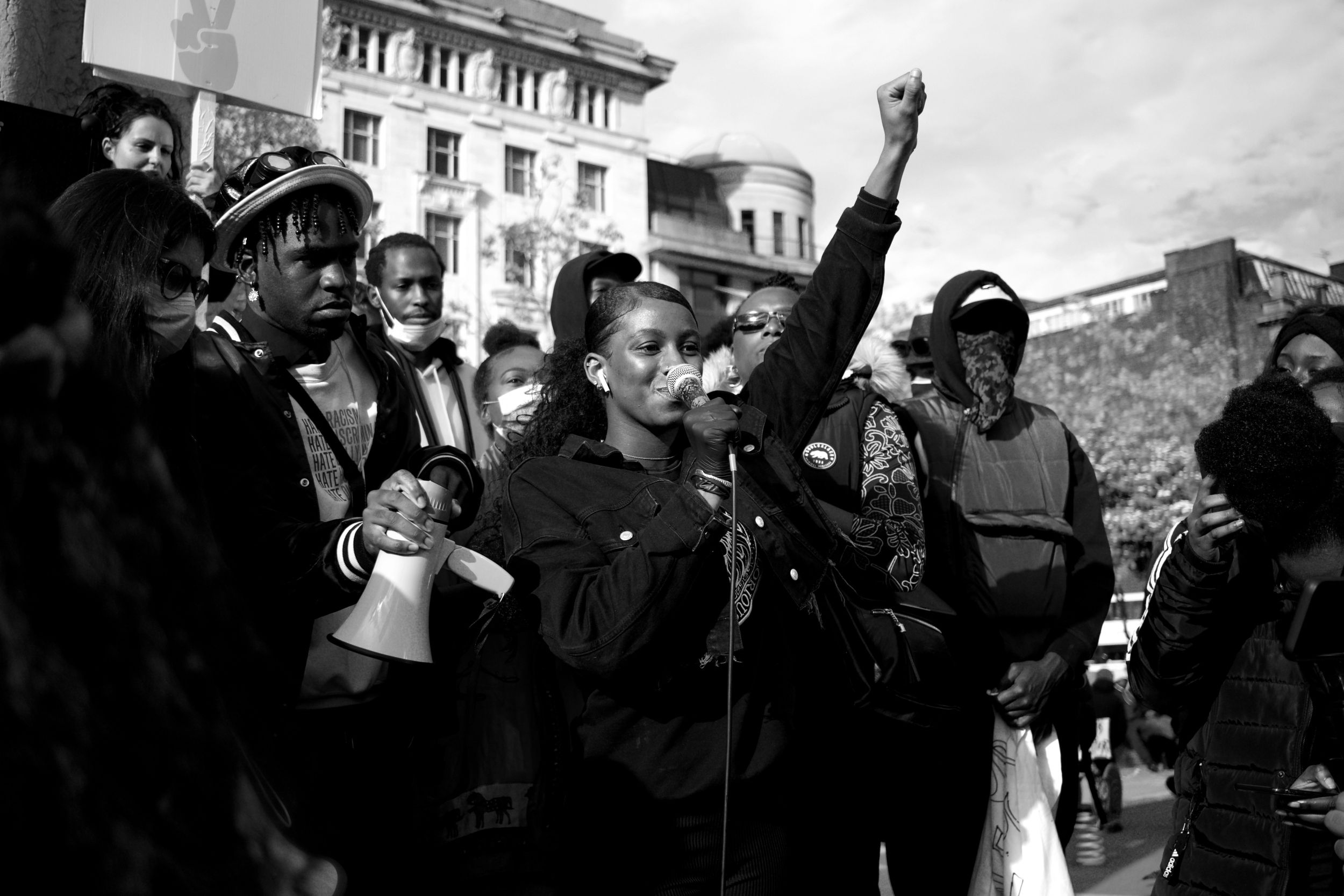Assata Shakur, Black Liberation Activist and Fugitive, Dies in Exile at 78
Assata Shakur, a prominent figure in the Black Liberation Army and a controversial fugitive wanted by the FBI, has died in Havana, Cuba, at the age of 78. Her death on Friday, September 25, 2025, was confirmed by the Cuban Ministry of Foreign Affairs, citing health conditions and advanced age. Shakur, also known as Joanne Deborah Chesimard, escaped from a U.S. prison in 1979 while serving a life sentence for the 1973 killing of a New Jersey state trooper, Werner Foerster.
Early Life and Activism
Born in Queens, New York, in 1947, Assata Shakur became politically active during the 1960s civil rights era. She joined the Black Panther Party and later the Black Liberation Army, groups advocating Black empowerment and resistance against systemic racism. Shakur's activism coincided with the FBI's COINTELPRO program, which targeted Black activists and radical groups.
Her growing prominence led to constant surveillance and accusations of involvement in armed robberies and assaults. However, her supporters maintain that she was targeted due to her activism and that many charges were dismissed or resulted in acquittals.
The 1973 New Jersey Turnpike Shootout
On May 2, 1973, Shakur and two members of the Black Liberation Army were stopped on the New Jersey Turnpike. The encounter escalated into a shootout, resulting in the death of State Trooper Werner Foerster and BLA member Zayd Malik Shakur. Assata Shakur was wounded and subsequently arrested.
In 1977, she was convicted of first-degree murder and related charges. Prosecutors alleged she fired the fatal shots, while her defense claimed she was unarmed and shot with her hands raised. Despite the controversy surrounding the case, she was sentenced to life imprisonment.
Escape and Asylum in Cuba
In November 1979, Shakur escaped prison with the help of armed associates from the Black Liberation Army and the May 19th Communist Organisation. After years in hiding, she surfaced in Cuba in 1984, where she was granted political asylum by Fidel Castro. She lived there under the name Assata Olugbala Shakur and became an outspoken critic of U.S. racial policies.
In 2013, the FBI added her to its Most Wanted Terrorists list and offered a $2 million reward for her capture. Cuba repeatedly refused extradition requests, considering her a political refugee.
Relationship to Tupac Shakur
Following her death, many mistakenly identified Assata Shakur as Tupac Shakur's mother. In fact, she was the rapper's godmother. Tupac's mother was Afeni Shakur, a fellow member of the Black Panther Party. Assata and Afeni's shared activism influenced Tupac's political views and music.
Mixed Reactions and Legacy
Reactions to Shakur's death have been divided. Supporters see her as a symbol of resistance against racial oppression, while critics view her as a convicted fugitive who evaded justice. Law enforcement continues to honor Trooper Foerster's memory. Black Lives Matter Grassroots Inc. vowed to continue her fight for justice.
Her autobiography, "Assata," became an important text for activists and inspired a new generation of racial justice advocates with her words, “It is our duty to fight for our freedom. It is our duty to win.” Her legacy continues to spark debates on race, policing, and political exile.
Statements and Reactions
New Jersey Governor Phil Murphy and State Police Superintendent Patrick Callahan stated they would oppose any effort to bring her remains to the U.S. and noted that Trooper Foerster "never had the chance to live out his days in peace." Conversely, Black Lives Matter Grassroots Inc. paid tribute to Shakur, stating, "May her courage, wisdom, and deep, abiding love permeate through every dimension and guide us."
| Aspect | Details |
|---|---|
| Cause of Death | Health-related complications linked to advanced age |
| Location of Exile | Havana, Cuba |
| Conviction | Murder of New Jersey State Trooper Werner Foerster |
| Influence | Inspiration for Black Lives Matter movement and racial justice activists |
 Visit the website
Visit the website
